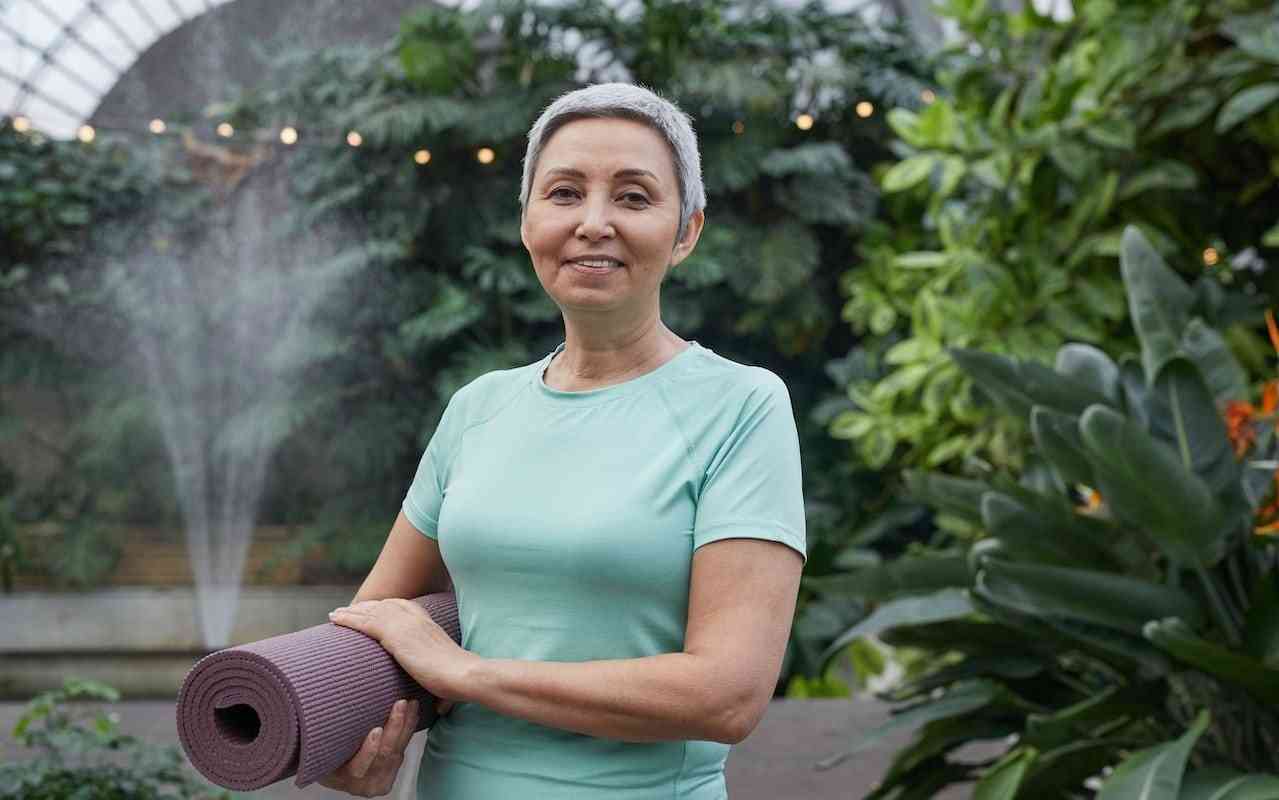
Everyone experiences anxiety from time to time; it's a universal emotion. When it takes over and starts to affect your daily activities, though, it might become a problem. Here are some techniques to help you manage your anxiety and decrease its consequences.
1. Prioritize the positive to manage anxiety.
Despite the fact that managing anxiety may be challenging, there are many effective strategies. One way to effectively manage worry is to focus on the positive. This can involve practicing mindfulness, gratitude, visualization, and positive self-talk. While practicing gratitude means focusing on the things you're grateful for, positive self-talk involves speaking pleasantly to yourself and reframing negative thoughts. Visualization can help you imagine positive outcomes in challenging situations, while mindfulness can help you stay present in the moment and minimize worry. Always remember that managing your anxiety is a personal experience, and that what works for one person might not work for another. Try out various strategies to find which one works best for you.
2. Get moving! Exercise can calm anxiety.
There are many different ways to move, and exercise is a terrific method to calm your nerves. Exercise, yoga, dancing, Tai Chi, and outdoor activities can all aid in reducing anxiety symptoms and promoting calm. Examine several exercise options to see which ones are best for you. Finding something you enjoy doing is crucial to keeping it up. If you have any health difficulties, start out carefully, pay attention to your body, and speak with your doctor before starting a new fitness routine.
3. Get enough sleep.
Getting enough sleep is crucial for managing anxiety. Following a sleep schedule, creating a relaxing bedtime routine, limiting screen time before bed, creating a sleep-friendly environment, and avoiding stimulants are all effective ways to promote better sleep. Prioritizing sleep might help you feel more rested and enhance your capacity to handle stress and concern. Consider speaking with a healthcare practitioner for extra advice if you still have problems falling asleep.
4. Speak with someone; consider seeing a therapist or attending an anxiety support group.
Talking to someone about your anxiety is the first step in treating it. Find people who will be supportive, practice active listening, and be open with others about your feelings. Consider seeking professional treatment if necessary. You can also meet people going through similar experiences by joining a support group. Remember that you don't have to manage your anxiety by yourself and that having a strong support system can help your mental health a lot.
5. Practice mindfulness.
Mindfulness is an effective method for lowering anxiety. Among the methods include body scans to ease physical stress, breathing exercises to promote relaxation, guided meditation, using affirmation and mindfulness cards, and increasing awareness in daily tasks. You may promote relaxation in your daily life and control your anxiety with regular mindfulness practice. Keep in mind that mindfulness is a skill that can be used in many aspects of your life, not only formal meditation sessions. You may better control your anxiety and overall well-being by being aware of your environment.
6. Sugar and caffeine: Out!
By ingesting fewer sweets and coffee, anxiety symptoms can be managed. Caffeine-free beverages, less sugar, reading labels, experimenting with replacements, and being aware of triggers can all help to support your mental health. Caffeine and sugar can make anxiety symptoms worse by raising and lowering blood sugar and speeding up heart rate. A careful reading of labels is necessary to steer clear of hidden sources of caffeine and sugar. Additionally, you ought to try with several long-lasting energy sources. By being aware of your triggers and making decisions that support your mental health, you can reduce the symptoms of anxiety and improve your general well-being.
7. Use aromatherapy to help manage anxiety.
The use of aromatherapy in the treatment of anxiety-related symptoms can be beneficial. A review of 32 randomized controlled trials published in the Journal of Affective Disorders showed that inhalation and massage aromatherapy significantly decreased anxiety. Create calming scents like lavender, chamomile, or bergamot with premium essential oils in a variety of ways, including diffusing, applying directly, or adding to a bath. Try out different approaches to find which one works best for you while being mindful of any allergies or olfactory sensitivities you might have. Aromatherapy can be used in conjunction with other techniques like mindfulness or exercise to promote relaxation and minimize the symptoms of anxiety. Including aromatherapy in your self-care routine may improve your general well-being and mental health.
8. Acupuncture may help to relieve anxiety.
Acupuncture is a type of traditional Chinese medicine in which thin needles are placed into specific body areas to relieve pain and promote healing. A review of multiple research studies indicated that acupuncture is effective in treating anxiety for many people. If you want to attempt acupuncture for anxiety, look for a licensed practitioner who has experience and training in treating the condition. Be aware that you may receive needles during the procedure, and talk about your issues. Before you reap the full rewards of acupuncture for anxiety, it may take a few sessions. Consider combining acupuncture with complementary treatments like yoga or meditation to enhance your mental wellness. Acupuncture is a self-care practice that helps promote calm and minimize the signs of worry.
9. Use directed imagery for stress relief.
The stress-relieving technique known as guided imagery uses visualization. Find a script that speaks to you and a peaceful, cozy environment to practice guided visualization. Start the script after taking time to relax and take a few deep breaths. Imagine the scenes and emotions described in the script while paying attention to your breathing. Let yourself entirely disappear into the event. Use the guided imagery slowly so you can experience the serenity it brings. Through the use of guided imagery, you can promote relaxation and lessen the effects of anxiety.
Remember that it's normal to have anxiety periodically and that taking care of oneself is essential. Regularly employ these techniques to control your anxiety and decrease its consequences. If you're feeling overworked, don't be hesitant to speak with a mental health professional for more support.
Do you have techniques for managing anxiety?
Share your experiences with our supportive mental health community in the comments below.
Image by alenkasm via Deposit Photos
Dr. Wilson graduated from Rosalind Franklin University of Medicine and Science and completed her residency in Internal Medicine at Advocate Good Shepherd Hospital in Barrington, IL. Dr. Wilson specializes in providing culturally competent and trauma-informed care to patients with physical disabilities. In addition to her private practice, she works as a science communicator, teaching health literacy to middle school and high school students in her local school district.








